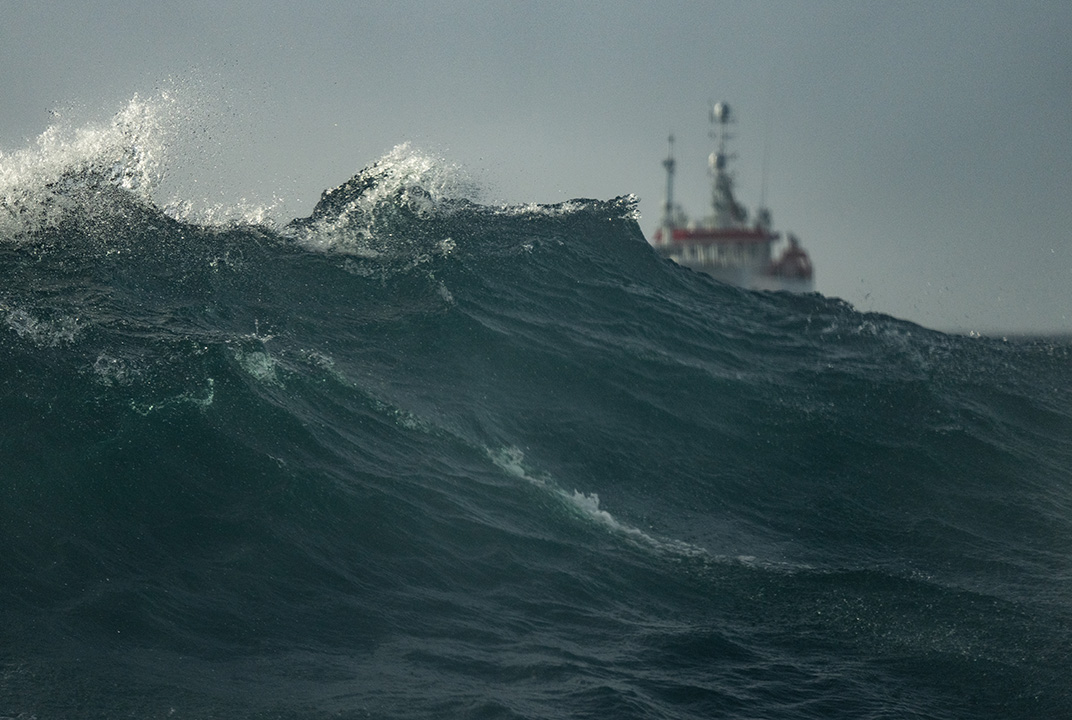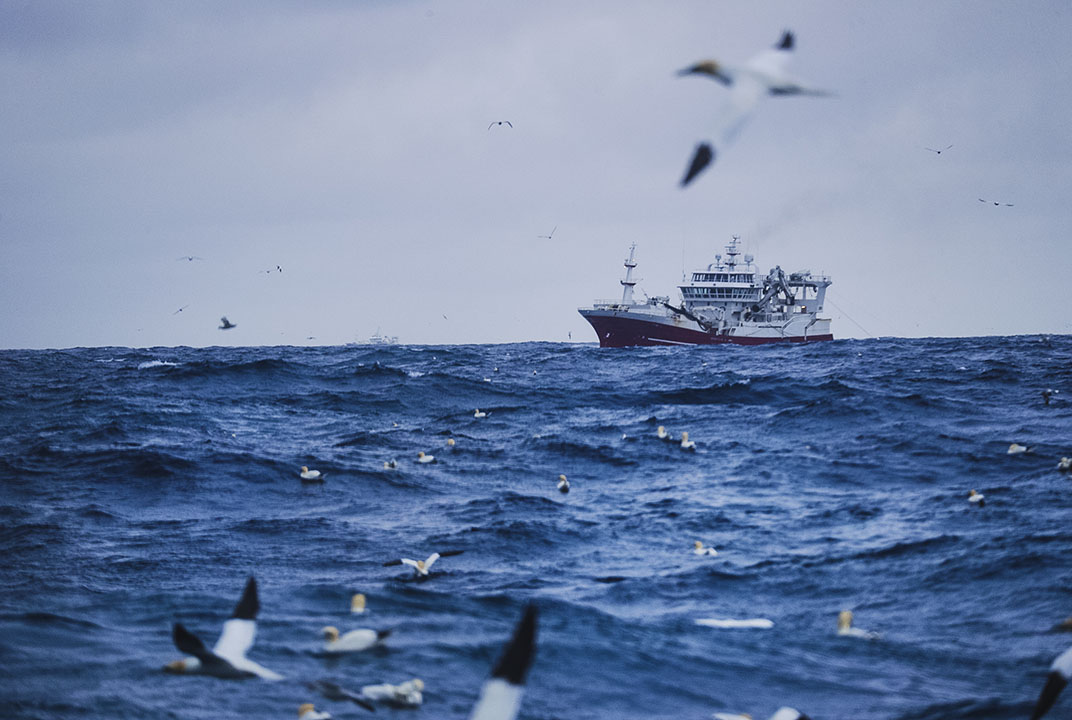Vessel connectivity project highlights fishing dangers
Three Indonesian fishing vessels taking part in a satellite communications pilot scheme have been rescued thanks to onboard connectivity.
They are among 200 small boats fitted with a vessel monitoring system (VMS) powered by Inmarsat’s low data rate M2M service IsatData Pro.
Inmarsat is working with the Indonesian Ministry of Marine Affairs and Fisheries (KKP) and local service providers to develop affordable satellite solutions that support sustainable fishing under the UK Space Agency’s International Partnership Programme (IPP), and will soon extend the project to larger vessels through its Fleet One service.
Ecological consequences
Environmentally unsustainable fishing – including illegal and unreported catches – is having huge ecological and financial consequences in Indonesia, which is the second largest fishing market behind China. The KKP puts the scale of illegal fishing at US$3.1 billion dollars a year.
Satellite-based VMS makes it easier for the ministry to monitor vessel activity and brings the benefits of improved safety and productivity to the fishers themselves.
This was demonstrated by the rescues which took place in the first six months of the project. In one, the Rizki Jaya 03 was hit by a tanker while fishing for squid 120 miles out at sea. With water flooding into the engine room, the vessel attempted to make it back to shore, but the crew were becoming exhausted from constant bailing and pumping out.
The captain sent an SMS text message via satellite to the IPP project coordinator and Inmarsat service provider Sisfo, who requested help from a nearby vessel taking part in the connectivity project while also keeping in close contact with the damaged boat. Bali’s Search and Rescue organisation, BASARNAS, was also alerted and on standby.
Unharmed crew
The second vessel managed to tow the stricken boat into harbour, with all crew members – and their catch – unharmed.
In another incident, a tuna fishing vessel also took on water following engine problems and activated the panic alarm on their VMS equipment. Again, a nearby vessel in the project was contacted and came to the rescue, taking the 15 crew members on board when they had to abandon their sinking boat.
James Cemmell, Vice President, Government Engagement at Inmarsat, said: “These rescues show that addressing the digital divide amongst the fishers community can make the difference between life and death as well as delivering transformational sustainability benefits to the oceans’ environment and the fisheries sector, which underpins so much of Indonesia’s economy.”

